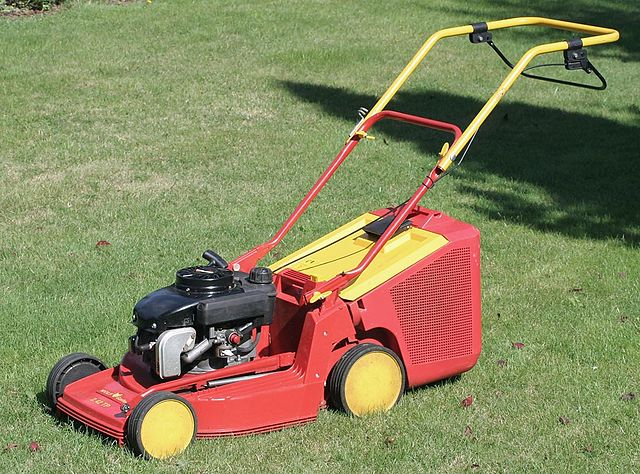How to Prepare Your Home for Cold Weather
The winter months can be challenging if you live in a colder climate. If you live in Miami Beach, you probably don’t worry about snow. But for those who find themselves shoveling snow every week in the winter, you understand the struggle. The weather can take a toll on your house and utility bills, but you can prepare your home for cold weather using these seven tips.
-
Audit Your HVAC System
One of the first things you can do is ensure your heating, ventilation, and air conditioning (HVAC) system is working correctly. Your HVAC is integral for keeping your home at a comfortable temperature during the winter months. You can hire a technician to do an inspection, or you can conduct it yourself.
When checking the HVAC system, one part you should look at is the heat pump or furnace. Ensuring it’s in good condition is essential for a well-functioning heating system. If you choose to call an inspector, make an appointment early so you’re not stuck waiting for an inspection when the cold weather arrives.
-
Check the Chimney
Santa Claus goes through hundreds of millions of homes on Christmas Eve, so you can do him a favor by ensuring your chimney is clean and ready to go. If you take on this task yourself, you can start by inspecting the chimney cap. Cleaning it out is essential because there could be debris here or a bird could’ve built a nest.
You should also look for other structural issues, such as cracks and loose bricks. These problems can make your house susceptible to fires and further property damage.
-
Replace Your Windows
An excellent way to prepare your home for the winter and make your home more eco-friendly is by upgrading your windows. Energy-efficient windows have a glass coating that protects your furniture from ultraviolet (UV) rays. These windows also keep your home warm during the winter without raising your utility bills.
Energy-efficient windows typically have great insulation. They trap warm air during the winter, meaning your HVAC system doesn’t have to work as hard to heat the house constantly. The same goes during the summer with your air conditioning. When you reduce your dependence on the heater, you’ll see a positive difference with a lower utility bill.
-
Insulate the Pipes
Before the cold weather arrives, insulating the pipes is vital when prepping your home. Frozen pipes can cause headaches for you and structural damage to your house. Frozen pipes can damage your walls, furniture, carpets, and more when they burst. However, you can be proactive and take preventive measures.
You can start with the pipes most vulnerable to cold weather. These places could include your garage, attic, and basement. Also, seal any leaks near the pipes because a small opening of cold air can freeze the pipes. If you have outdoor areas, shut off water access to the outside faucets and disconnect any hoses you have. Let the water drain from these pipes so you won’t have any trouble with them later.
-
Clear the Gutters
The trees in your backyard look beautiful in the fall with their changing colors, but they can be a burden for your gutters when they shed their leaves. If your home has gutters, cleaning them is essential to protect your home’s foundation.
Leaves, twigs, acorns, and other debris can accumulate and cause water to back up, damaging your house and the roof. Cleaning the gutters or hiring a specialist can save you money in the long run.
-
Inspect the Roof
If your area typically sees snow, you’ll want your roof ready. Regular storms producing a foot or more of snow can take a toll on the top of your house, so inspecting the roof to ensure its preparedness is critical.
When examining the roof, look for any broken shingles. Be mindful of any cracks in the caulk because they can lead to more damage to your home when it snows. Also, if you see any moss, that could indicate your roof has started to decay.
-
Reverse the Fans
This tip for winter preparation is one of the easiest on the list. The ceiling fans in your home are excellent for cooling the room, especially during the summer. But reversing them during the winter can make your home warmer and more energy efficient.
During the summer, your fan should rotate counterclockwise because it distributes cooler air throughout the room. Cooler air stays close to the ground while hot air rises. But, when the winter comes, reverse the fan and make it run clockwise. This method pushes the cool air up and the warm air down. Switching your ceiling fans based on the season can make your house more energy efficient and lower your utility bills.
Preparing Your Home for the Cold
Some people love when the cold weather arrives because they can wear their favorite winter outfits and make hot cocoa. Others count down the days until the warm spring air melts the snow outside the house. Either way, you’ll need to prepare your home for winter. Follow these seven tips to stay warm this winter and possibly save money on your utility bills.




